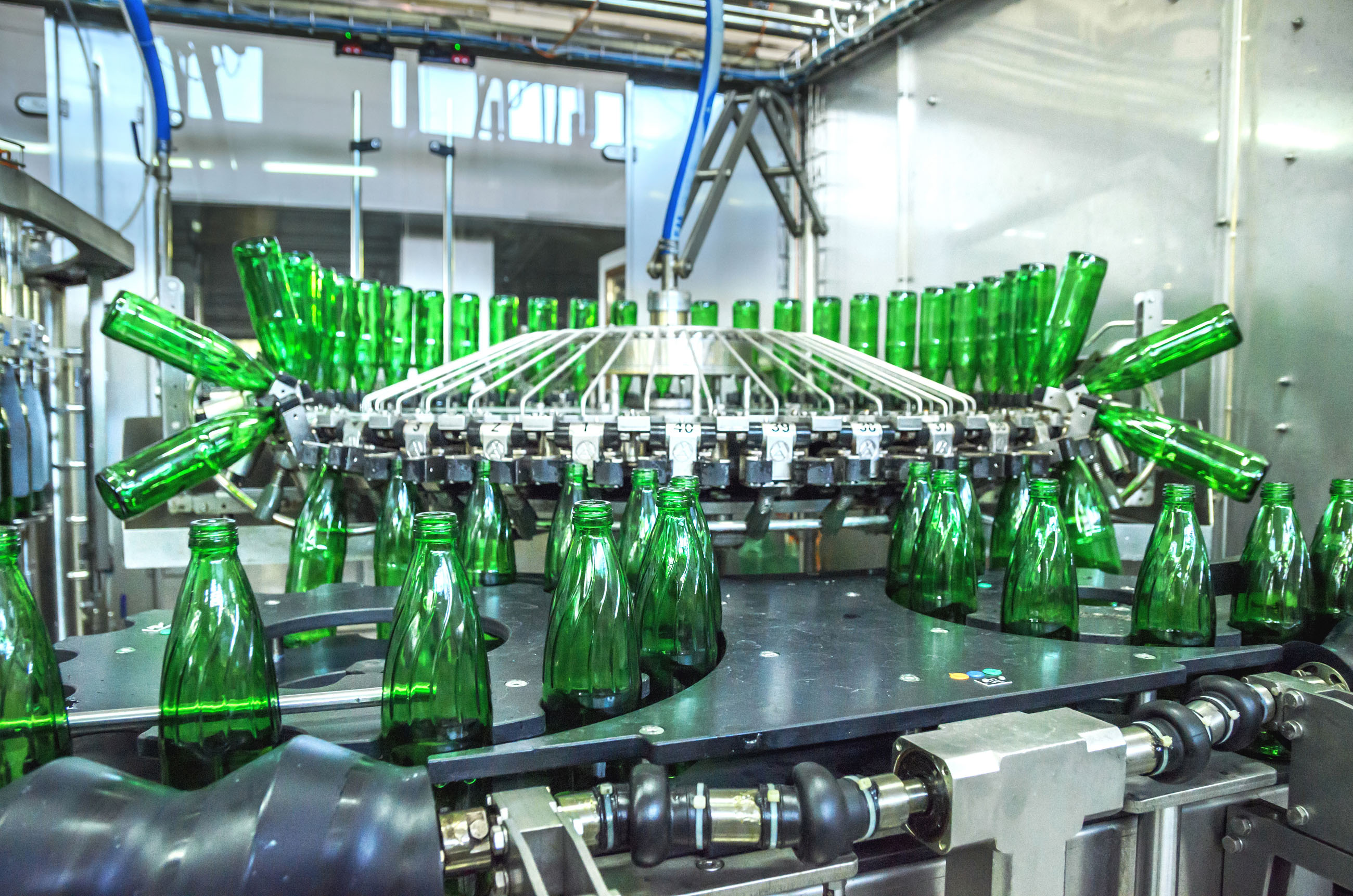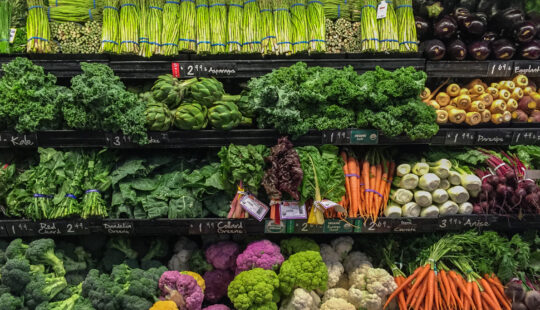When I pop open a Coke, I’m consumed with the sound of the fizz and the flavor swirling in my mouth. Admittedly, I don’t think about how the Coke got into my bottle.
That’s Jorge Torres Perez’s job. He’s the strategic procurement director at the planet’s largest Coca-Cola bottler Coca-Cola FEMSA, based in Mexico City. Coca-Cola FEMSA sells Coca-Cola products across Latin America, with over 2,000,000 points of sale.
“I’m truly happy and I really smile when I see somebody drinking one of our products. To be very honest, it’s a huge responsibility,” says Torres Perez. “Literally thousands of people engage in dozens of processes to deliver your favorite beverage.”
Opportunity Creates Challenges
After 16 years with Coca-Cola FEMSA, Torres Perez moved into a strategic procurement role about seven years ago. He noticed Coca-Cola FEMSA invested most of its money in direct materials like bottles, labels, caps, and ingredients. He realized an opportunity. “Indirect spend on things like trucks and transportation, industrial tools, and parts was done locally by many, many people.” Torres Perez explains that the process was fragmented and segmented between many suppliers, which did not result in the best prices. “So, I studied how to centralize all those indirect negotiations in a more intelligent way, to really take advantage of the scale that we have as a business,” he says.
Torres Perez embarked on a challenging journey to integrate Coca-Cola FEMSA processes; it was a course of action that required leadership, patience, learning, and difficult course correction.
“We needed to change the role of our teams and restructure the procurement employees. But this cannot be done without a technological tool. It was very difficult to convince our management to get the indirect spend all together and change the way we worked in the past. It took us more than a year to start. At first, we chose a competitor of SAP.” Torres Perez recalls that the technology was fraught with problems. “The integration of that competitor’s solution was not there.”
A Lot at Stake
Torres Perez found himself facing both personal and professional dilemmas.
“I’d sold Coca-Cola FEMSA leaders on the idea of managing negotiations centrally, and they bought the idea. But when [the competitor’s product] didn’t work, it was really… I mean, my own reputation was at stake because I told them, ‘We can do this.’ But I was not able to deliver,” says Torres Perez. “I mean, it was a very difficult situation, because I had to go back to our management and ask them to switch gears again. This time to implement SAP Ariba instead of the other solution.”
Coca-Cola FEMSA’s leadership ultimately trusted Torres Perez and suggested that he implement SAP Ariba in a limited capacity, in Colombia only. And this time? Success.
“We implemented SAP Ariba on time and on cost, but the most important part: It worked and it worked fantastically. It was a very smooth transition and, once it was working, everybody was amazed.” Torres Perez soon got permission for a full rollout of SAP Ariba to all countries where Coca-Cola FEMSA operates. “This is a huge step forward.”
Advice?
Torres shares his technology story with the hope of inspiring his peers. “Let me tell you one thing: No matter how challenging an enterprise can be, if you have the correct partner, you’re always flying with a tailwind. That’s the most important lesson that I got from this process. And, once we worked with SAP Ariba, things got better and we were able to implement the solution easily.”
Listen to Torres Perez’s entire interview here.



